Improving Your Roof to Reduce Energy Costs
The Difference Quality Roofing & Attic Insulation Can Make
A roof is much more than just its external appearance. Beyond shingles and the underlying roofing material, there’s an intricate system at work that should be engineered not only for safety and protection, but also for moisture prevention and energy savings as well.
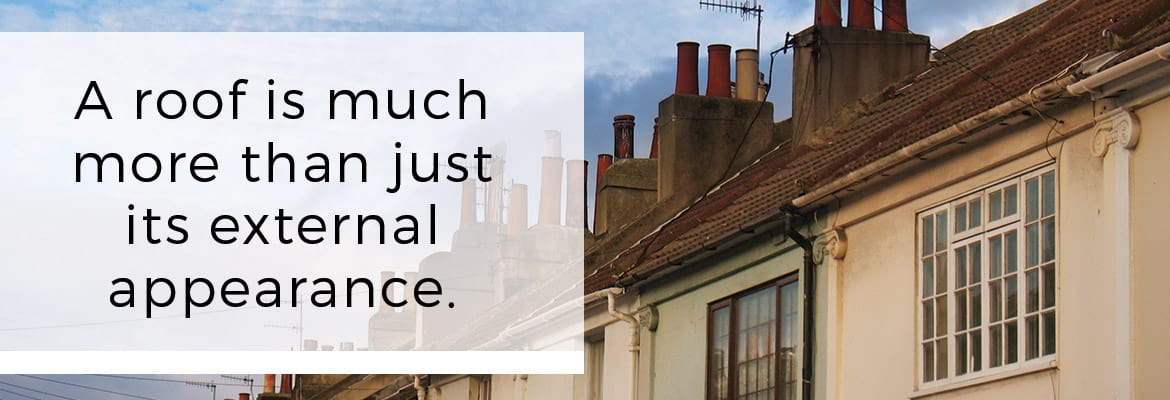
Your roof’s ability to maintain energy efficiency depends entirely on the quality and types of roofing materials used, the quality of the initial installation, and the quality of insulation and ventilation in your attic. If your roofing contractor installed your roof without your climate, house design and other factors in mind, then your roof could be costing you money each month. Improper use of roofing materials, insulation and ventilation are usually the reason a roof doesn’t perform up to standard and doesn’t last long enough.
With this in mind, you’ll want yourself of a J & B West estimator to assess the status of your current roof to determine if it’s in need of repair, upgrades or even total replacement. Without making the right decisions to improve your roof quality, you could be paying more for your heating and cooling than is necessary.Benefits of Proper Roofing, Ventilation & Insulation
- Adds value to your home upon resale
- Provides reliable safety and shelter to protect your family from disasters
- Eliminates headaches that come with roof leaks
- Prevents heat loss and/or heat gain, efficiently containing conditioned air
- Saves money on monthly utility costs
- Saves money on insurance costs
How Poor Quality Roofs Drive up Energy Costs
If you suspect your roof is worn out, damaged or was never properly installed, it could be costing you money on your monthly energy bills. Or perhaps your roof is at the end of its life cycle and needs to be replaced altogether. Several factors could be driving up your energy costs no matter which stage your home’s exterior is at.
If you’re concerned about your current roof driving up your energy bills, then consider the following factors that may be affecting your home:- Poor quality insulation and insulating materials
- Worn out roof underlayment material
- Poor ventilation, roofing and soffit
- Low-quality roofing materials used or improper installation (ex. Nails above or below nail strips, etc.)
- Roof construction not being up to code
Poor Insulation
A poorly insulated home, especially where the attic is concerned, is one of the biggest contributors to a home’s over-consumption of energy. If insulation is made from low-quality material, was installed improperly or is compacted, it won’t perform its job correctly. Please identify the recommended R-values in our region.
Poor insulation can contribute to a process known as heat gain. During hot summer months, the sun heats your roof, which absorbs partially into your attic. Poor insulation may allow a transfer into your home, allowing for heat gain. This forces your home’s air conditioning system to work harder to maintain a comfortable temperature. While the air conditioner works harder than it needs to during the summer, this unnecessarily drives up your utility costs.
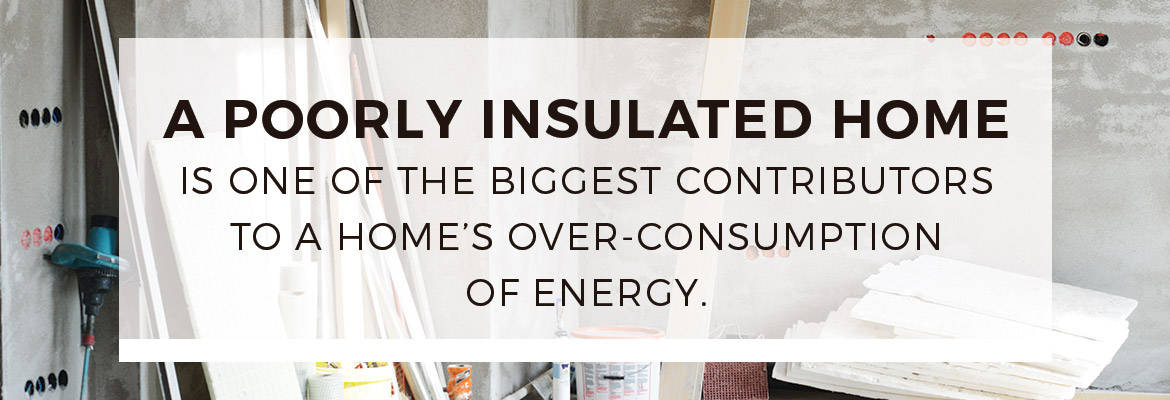
During the winter months, the opposite effect occurs. Poor quality insulation doesn’t sufficiently maintain the heat inside the home. Instead, it allows for the heat inside the home to escape into the attic which is vented to the home exterior. This process is called heat loss. Heat loss forces your home’s heating system to work harder to continue heating the home in order to compensate for the heat loss. As a result, this extra heat consumption is reflected in your monthly energy bills.
Heat loss and heat gain attributed to poor insulation are an overall lack of energy efficiency. This is one of the most important roofing challenges to solve when investing in a new roof to save money on energy bills.Poor Ventilation
Improper Roofing Materials
Not up to Code
How a New Roof Can Save Energy and Money
- New insulation
- Investing in energy-saving roofing materials
- New or improved roofing ventilation such as ridgevent
Energy-Saving Roofing Materials
New Insulation
Improve Roof Underlayment
Factors to Consider When Upgrading Your Roof
- The climate
- Your home’s age
- Your home’s design, including roof pitch(es), direct sun or shade, vent layout, etc.
The Climate
When investing in a new roof, it’s important to consider your climate. With so many new roofing technologies today, homeowners can take advantage of their natural climate in order to improve their home’s energy efficiency. Many country homes near open fields and homes on Lake Michigan experience high winds and the brutal lake effect winter weather. Installing the right material the right way can protect your home and loved ones for decades to come.Your Home’s Age
Depending on the age of your home, a full roof replacement may or may not be necessary. Perhaps insulation or ventilation upgrades will suffice to start seeing a difference on your utility costs.
However, if your home is older, it may be in need of a complete roof replacement as repairs or insulation improvements won’t be enough. Consider the long-term energy savings you’ll experience with a complete roof replacement as well as the value it can add to your home.Your Home’s Design
Long-Term Roofing Investment
With so many factors to consider when it comes to your roofing solutions, it can be overwhelming — especially where a financial investment is concerned. You want to know you’re making the correct decision for your future — and the one that will pay off over time.
The important thing to remember is that roofing upgrades and installations provide a long-term solution. An investment in roof repairs, upgrades or a new installation won’t provide an immediate return on your full financial investment. It may take upwards of five to 10 years before you recoup the cost of a roof replacement or certain repairs and upgrades. As your monthly energy bills decline due to your new and improved roofing solution, you will eventually achieve a full return.
If your current roof isn’t up to par, you could be losing money each month. Before beginning any repairs yourself, contact an expert roofing contractor for advice.
The roofing experts at J & B West Roofing and Construction can assess your current roof and let you know how updates or a new roof installation can save you money on energy bills. Contact J & B West Roofing and Construction today or call us at (219) 363-6151 to learn more about improving your roof’s energy efficiency.
Tags
Subscribe to J & B West Roofing and Construction's Blog
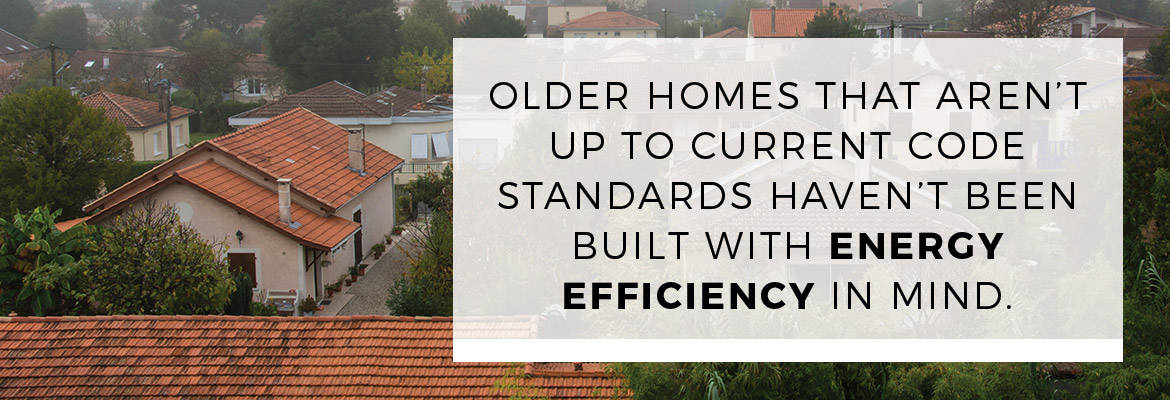






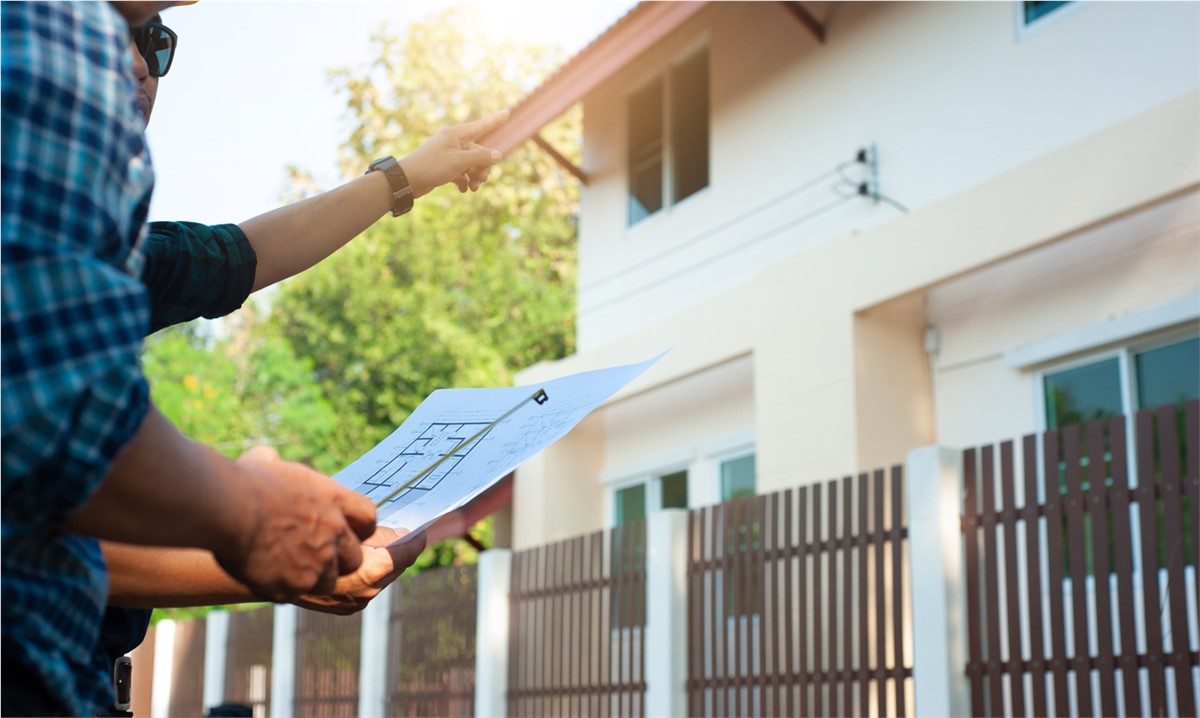
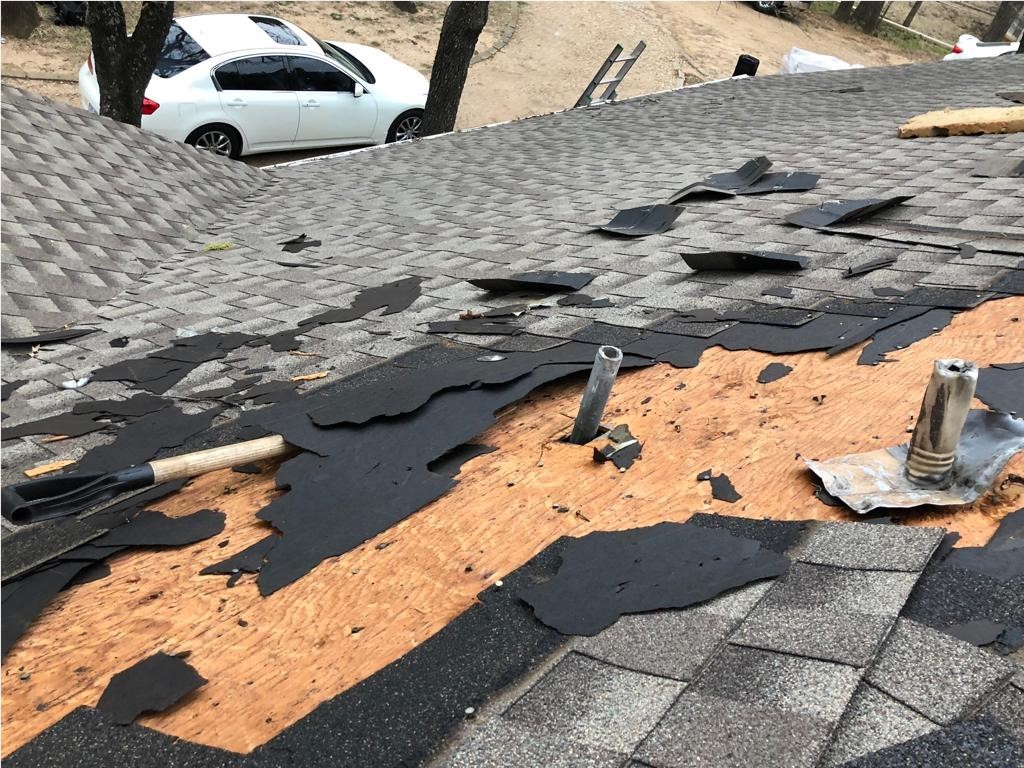
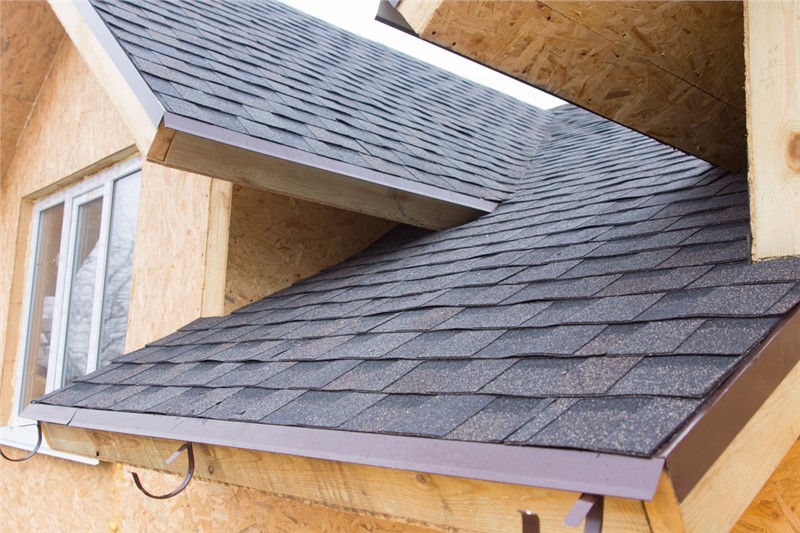
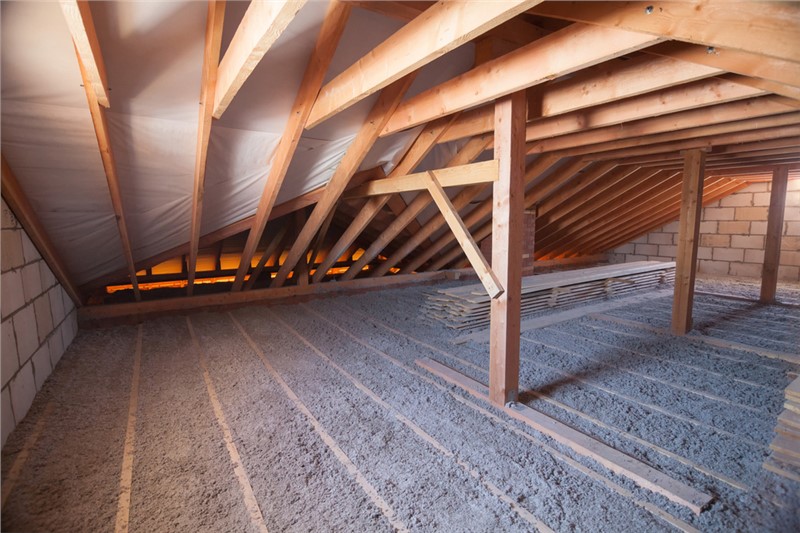

Comments